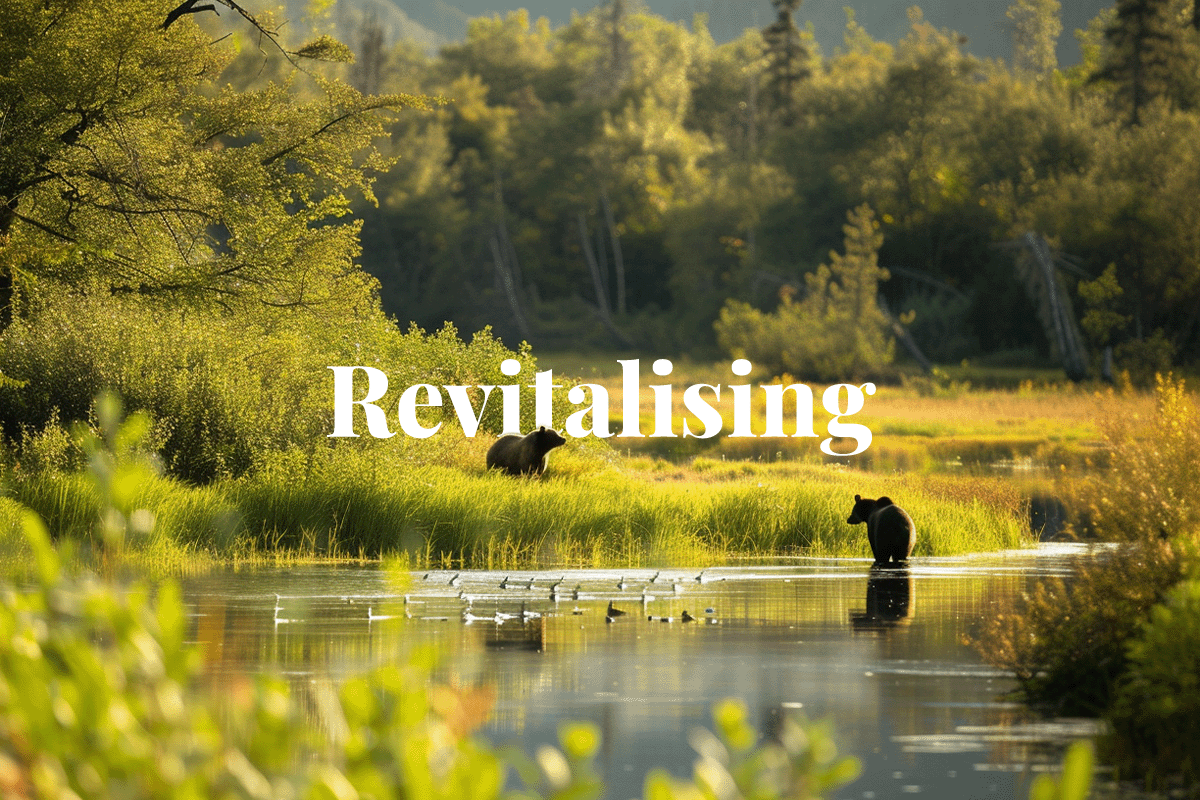The US Department of Interior has unveiled a substantial commitment of $157 million for ecosystem restoration projects, aligning with the goals of President Joe Biden's Investing in America agenda. This funding is directed towards nationwide initiatives aimed at rehabilitating degraded lands and waters while enhancing resilience to environmental impacts.
 Two brown bears hunting salmon in a pond, Alaska. AI generated picture.
Two brown bears hunting salmon in a pond, Alaska. AI generated picture.
Interior Secretary Deb Haaland emphasised the transformative potential of nature-based solutions, stating, ‘Nature is our best ally in the fight against climate change, and now, through President Biden’s Investing in America agenda, we have new transformational resources to advance locally led, partnership-driven projects that will catalyse nature-based solutions and build resilient communities and landscapes.’
The funding will support 206 landscape-scale restoration projects spanning 48 states, with a significant focus on benefitting underserved communities. The projects encompass diverse efforts, including restoring strategic areas in the Western sagebrush steppe, safeguarding Hawaiian birds, and addressing environmental issues in abandoned mine lands.
Read more: Nature's new allies: businesses pivot towards biodiversity
Over $25 million is allocated to the National Early Detection and Rapid Response Framework to combat invasive species, a major contributor to biodiversity loss. Furthermore, investments will advance co-stewardship and salmon restoration in Alaska and contribute to the conservation of Central grasslands, with initiatives addressing the recovery of bison populations and protection of declining species.
The Restoration and Resilience Framework, introduced in April 2023, underlies these goals, aiming to address environmental impacts, restore diverse ecosystems, and enhance the quality of life in local communities. The Interior Department plans to steward a total of $2 billion over five years, focusing on restoring the nation's lands and waters. Despite the US yet to ratify the UN Convention on Biodiversity, the Biden administration is committed to conserving 30% of national land and coastal seas by 2030, aligning with the Kunming-Montreal Global Biodiversity Framework.
Read more: How biodiversity loss impacts ecosystems and what we can do to help
DGB Group is committed to environmental sustainability and develops impactful projects to restore ecosystems and enhance biodiversity. One such project is the Bulindi Chimpanzee Habitat Restoration initiative in Uganda, where we strive to rapidly restore the declining chimpanzee habitat through active afforestation, habitat preservation, and community involvement. By strategically planting trees and employing conservation efforts, the DGB not only addresses ecological challenges but also empowers local communities. The project benefits wildlife by preserving vital habitats and contributes to the wellbeing of nearby communities. Through initiatives like these, DGB creates a positive ripple effect, fostering a harmonious relationship between nature conservation and the improved quality of life for local populations.
Contribute to ecosystem restoration with DGB



